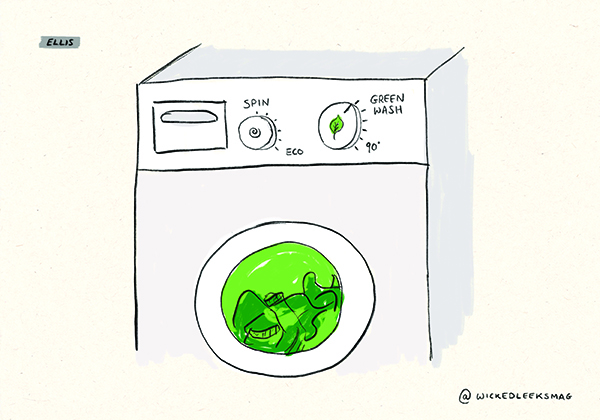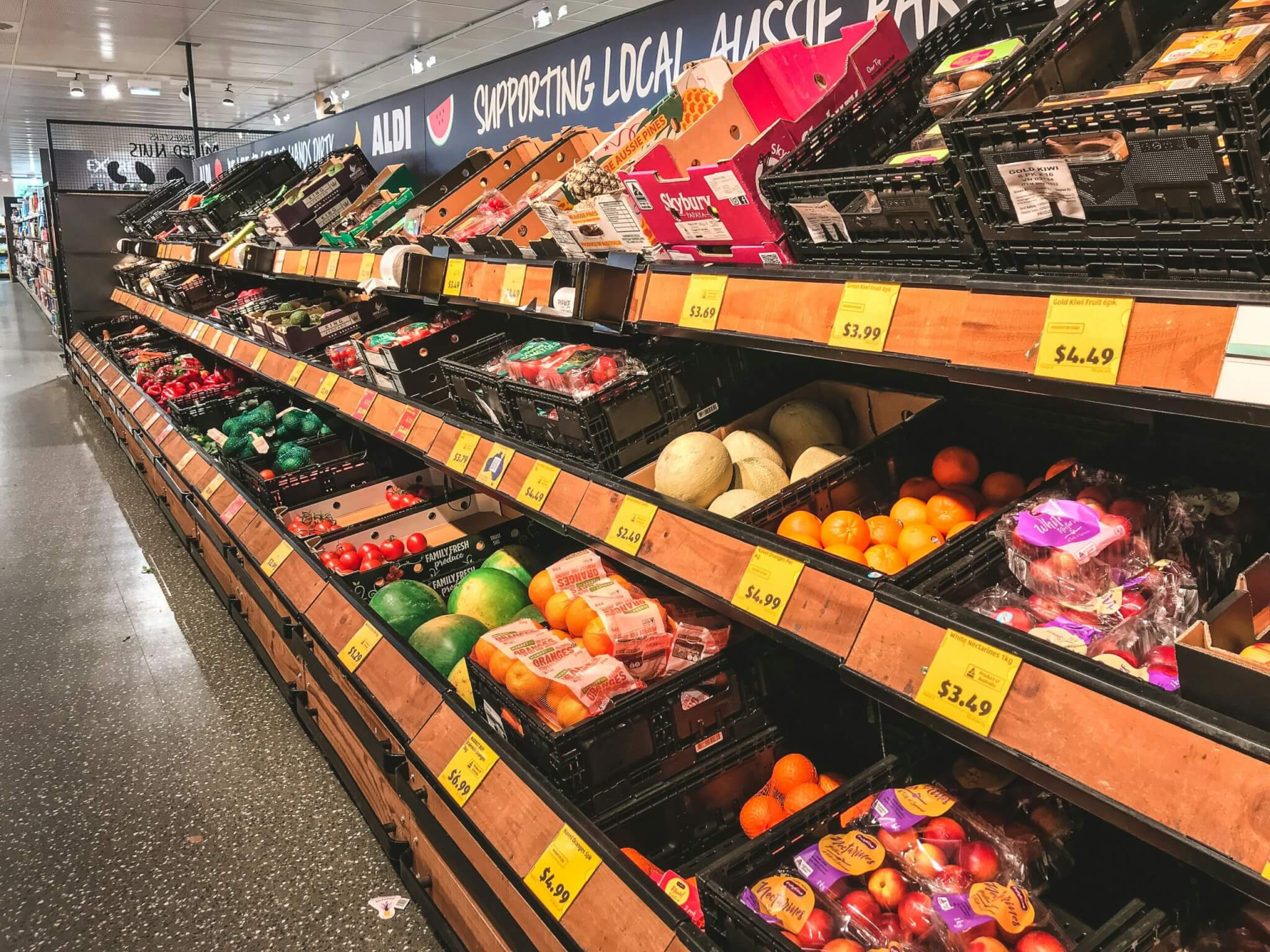An email from a cereal maker recently caught my eye. Its new pouches are “100 per cent recyclable” so customers can now “rest assured” their breakfast is “free from single-use plastic”. Seems great, doesn’t it? Turtles and seabirds are choking, after all. But perhaps we need to take a breath and unpick such claims.
For example, nowhere in the press release did it mention what the new packaging was made of. I asked, and it’s a mix of PE (polyethylene) and LDPE (low-density polyethylene). Both are plastic. But aren’t the new pouches free from single-use plastic? Obviously not.
This company, like others (including Coca Cola) have started to argue that if their packaging is recyclable, then it’s not single-use. This is folly: if it is used once and thrown away, it is evidently single-use.
Yet this is the nuance and ambiguity that brands are employing to hoodwink us. In simple terms, it’s greenwash. And it’s everywhere. “Greenwashing is going to be a big MSc dissertation topic this year,” quips Paul Foulkes-Arellano, founder of Circuthon Consulting, which advises companies on reducing their impact.
Each week the terminology becomes more baffling; two of my current favourites are ‘ocean-bound plastic’ and ‘omnidegradable’. I’d chuckle if it wasn’t so serious. “These things are too important to be left to marketers to play with to their heart’s content,” says Robert Blood from Sigwatch, which tracks what environmental NGOs are saying about companies.
And there’s another tide of misinformation coming. The pandemic, together with the UK’s hosting of the global climate change talks (COP26) next November, will mean companies bombard us with ‘net zero’, ‘carbon neutral’, ‘zero waste’ and myriad other commitments. And not just in food. Fashion has caught the green bug too.
Even oil companies are making bold (but largely dubious) commitments. These are of course the masters of greenwash – a phrase coined in the 1980s but still causing debates over its definition. According to the Oxford Dictionary, greenwash is ‘disinformation disseminated by an organisation so as to present an environmentally responsible public image’. And there are different shades – from the deliberate, to the subtle and downright sloppy.
Remember, for example, those ‘fake farms’ that Tesco, Aldi, Asda and Lidl were all using (and still use) to entice eco-minded shoppers? The leafy, green packaging certainly gives off the right vibes. Front of pack on Tesco’s sultanas is the message: ‘Farm-grown’. We might ask, where else are you going to grow grapes?
Indeed, start to look more closely and the easier it becomes to spot the fudges and the fakes. But most of us don’t have time. As we zoom around the supermarket, or online, brands have a matter of seconds to grab our attention so a key phrase, or better still an image, can work wonders.
How many milk cartons show cows cooped up indoors rather than out in the field? Have you ever seen a chicken sold with a picture of a packed poultry shed? Or a steak labelled ‘high carbon’?
Consumer watchdog Which? last year produced research on all the lingo supermarkets use to entice shoppers to buy their chickens. This included those fake farms, as well as terms like ‘higher welfare’ and ‘trusted farms’, which have no legal definition.
“It’s not inaccurate but it doesn’t really mean anything,” says Mike Briggs, head of sustainability at the consumer group. This is different to ‘free-range’ or ‘organic’, which are regulated, and brings us to the golden rule for spotting greenwash: beware ambiguity.

Terms like ‘eco’ and ‘biodegradable’ should set alarms bells ringing. Ten years ago, the government actually produced 40 pages of green marketing guidance for businesses (at the time the Guardian had its own dedicated email address for greenwash), but this has been slimmed down to one webpage. Now the Competition and Markets Authority (CMA) is planning an update.
The CMA has clocked that the market for ethical goods and services has quadrupled in the past 20 years to total £41 billion. And the bigger the market, the more incentive there is for brands to cut corners in order to take a slice of pie.
The team will be doing a sweep of websites to spot the greenwash – and using its consumer protection powers to take action. It’s not about “bashing business” though, says Cecilia Parker Aranha, who is leading the work, but ensuring they are not “taking advantage of people by slapping on a quick label or claim which might mislead them.”
There are currently almost 460 eco labels globally, so we probably don’t need any more. Still, the CMA will be looking at ‘misleading omissions’, too – in other words the information that would help people make sustainable choices, but isn’t there. One gap is carbon labelling, which is back in fashion after a 10-year hiatus. It’s another wild west scenario though: there are lots of different methods that allow brands to look better than they actually are.
Plant milk brand Oatly, for example, is incredibly transparent about its process and has made admirable changes to reduce its emissions, including a switch to renewables across its production sites.
And yet its on-pack carbon footprint stops at the shop door – there is no consideration of how much of the product might be wasted or where the TetraPak carton ends up (landfilled, burned or recycled). Whether this is better than the vague ‘lower carbon’ claims its competitors have started making is moot.
Food companies will need to start back up such claims. Which? is expanding its work in this area, integrating environmental impacts into more of its testing of products and services. Briggs says it’ll be practical rather than preachy. “The best place for advice is where the options are confusing, or people don’t know what to do,” he says.
That cereal packaging could well have been the result of ignorance rather than intent. Either way, it’s greenwash and the chances of getting away with it could soon shrink.
This article was initially published in the latest print issue of Wicked Leeks. You can read the full magazine online and for free via Issuu.










0 Comments